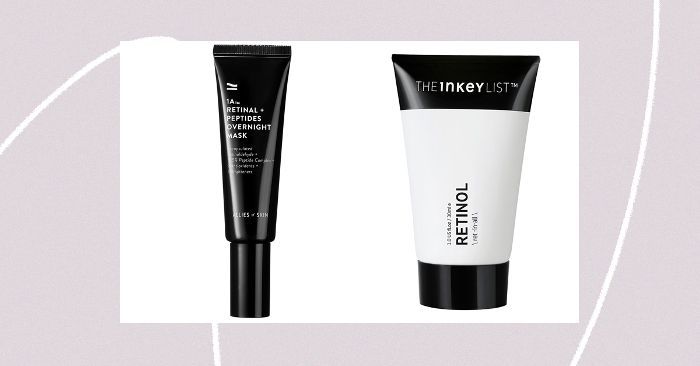
Hey guys!
Today’s post is about retinoids, which are vitamin A derivatives. Retinoids have been praised for their anti aging benefits, such as increasing cell turnover, stimulating collagen, fading hyperpigmentation, improving skin texture, and reducing fine lines and wrinkles. Retinoids also help to clear acne by preventing dead skin cells from clogging pores. In fact, prescription retinoids have been approved by the FDA to treat wrinkles.
Now, there are two versions of retinoids: prescription, such as Retin-A, and non-prescription, such as retinol and retinal. Prescription retinoids are the active forms and start working immediately. However, this post will focus on the inactive forms, which are non-prescription and considered over-the-counter. Non-prescription retinoids are considered inactive because they require enzymatic conversions in order to become the active form.
The weakest form of retinoid is retinol because it requires two enzymatic conversions to become active. Basically, retinol requires more effort from your body to achieve any results. On the other hand, retinal is just one step below the active form, so it only requires one enzymatic conversion. Therefore, the benefits of both retinoids are the same, but the speed in which they deliver those benefits is different.
Because retinal requires only one enzymatic conversion, it works much faster than retinol, up to 11 times faster, actually. Thus, retinal would be better suited for those with mature skin who are looking to see significant improvements in fines lines and wrinkles at a faster rate.
Younger people or those with sensitive skin may be better off starting with retinol and working up to retinal. Because retinol has to go through two enzymatic conversions, it works much slower and you may not see results for at least six months or longer.
Remember that both of these inactive retinoids can have adverse effects if overused. It’s important to do a patch test first to make sure your skin can handle it. If it’s your first time using these products, start slow. Start with once a week and go from there. In fact, using a retinoid one time a week can even last for a few months, before increasing usage. Also, always consider the pH level of the products you’re using before and after retinoids because it may render them ineffective. If you’re not sure about which retinoid is best for you, definitely speak with a dermatologist about your skin concerns.
~Sabrina


One thought on “Anti Aging Hacks: Retinol or Retinal?”